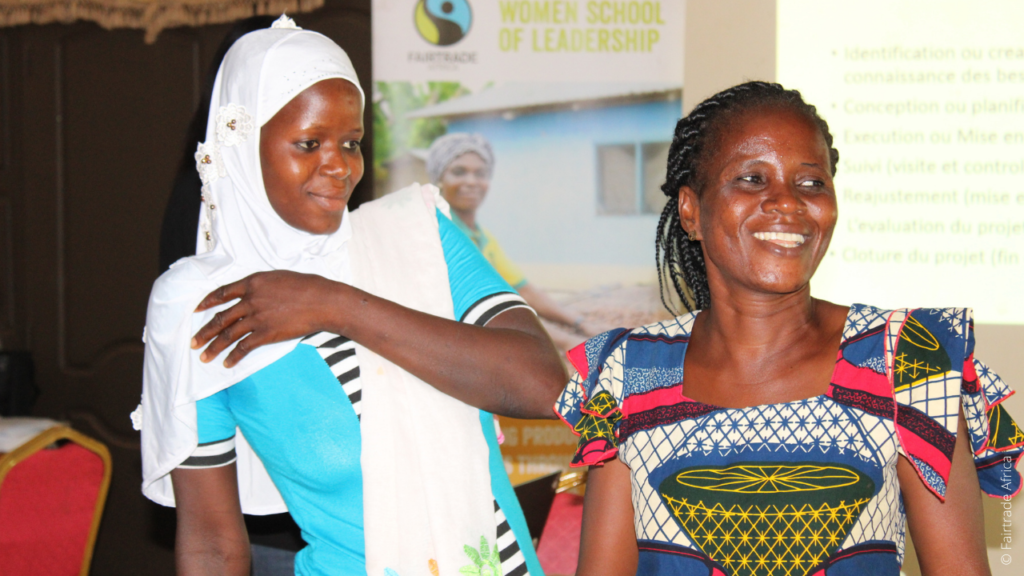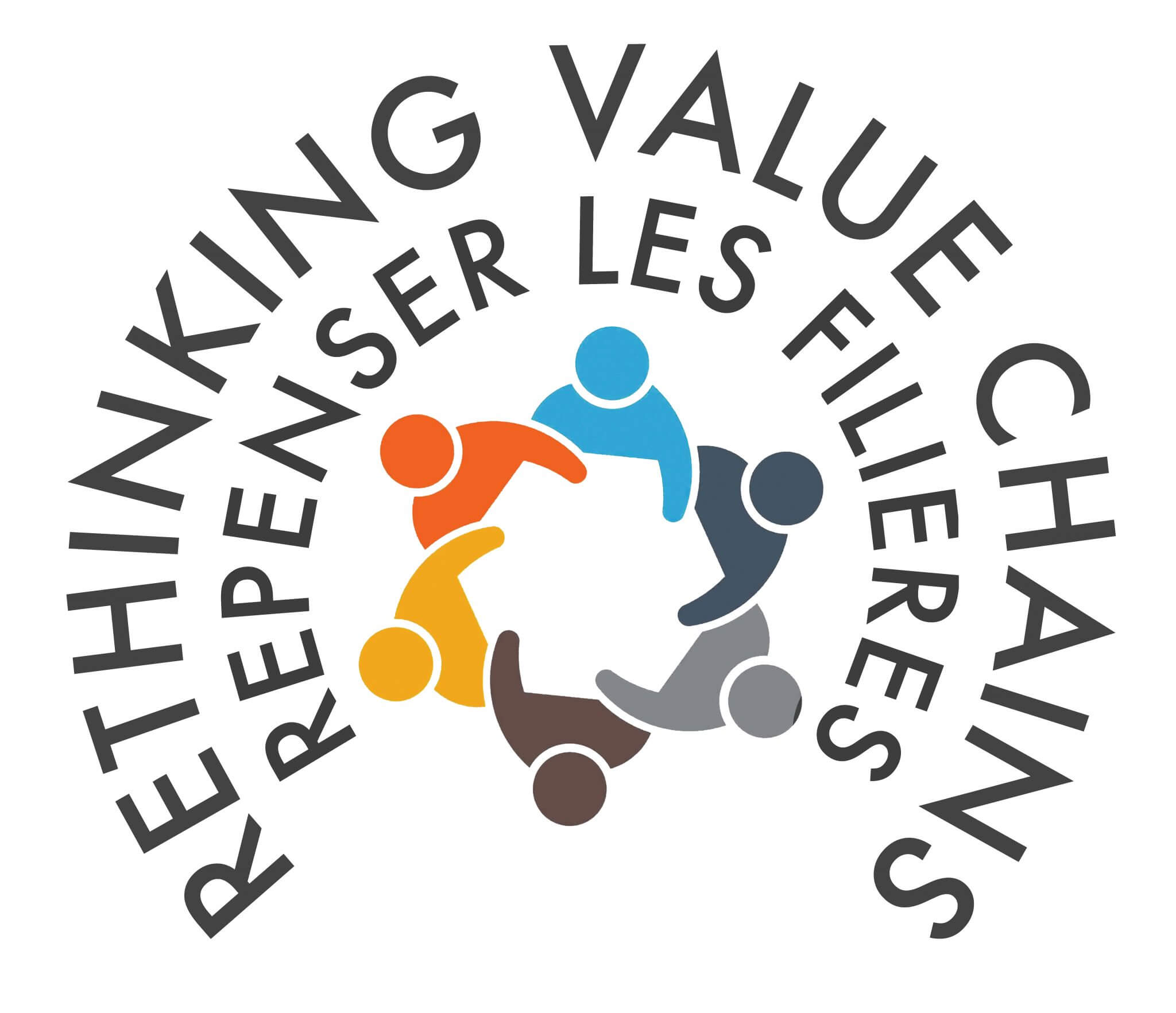
Empowering women in global value chains in the wake of Covid-19
Tuesday, January 26th, 2021 in: News
On 19 January 2021, the Rethinking Value Chains Network hosted a webinar on “Empowering women in global value chains in the wake of Covid-19”.
The purpose of this event was to raise awareness and understanding about gender-specific impacts experienced by women and explore civil society strategies to address these impacts and improve the private sector and governments’ policies and practices.
The on-going Covid-19 pandemic crisis has further underscored the adverse impacts of unsustainable production patterns and continues to deepen pre-existing inequalities. As a common denominator to sectors ranging from textile to agriculture, these negative effects are particularly exacerbated for women.
Humaira Aziz, Director for Women’s Economic Empowerment in CARE Bangladesh, shared some valuable insights on the impact of Covid-19 on female workers across South Asia’s Textile and Garment Industry. Workers in Cambodia, Myanmar, or Bangladesh face similar challenges related to the loss of jobs, the reduction or lack of regular income, as well as increased food insecurity. A significant proportion of female workers were forced to leave their job and switched to unpaid care work or informal economic sectors, a transition that goes hand in hand with an increased risk of exploitation and bad working conditions.
Beyond severe impacts on employment and health-related risks, the crisis has strengthened their exposure to economic vulnerabilities, social pressures, and gender-based violence (GBV). Humaira Aziz underlined the recurrent obstacle women face to find institutional space to voice their collective concerns.
“Women are forced to play a double role in the economy” stated Alice Bordaçarre from ActionAid France. They carry out both a “reproductive work”, taking care of the household, children and the elderly, and a “productive” work often poorly remunerated.
While corporate activities have adverse human rights impacts both on men and women, ActionAid’s Report “We mean business: protecting women’s rights in global supply chain” shows us that women experience them in a different and disproportionate way.
Voluntary measures have proved to be vastly insufficient to prevent and mitigate abuses in corporate supply chains. Participants emphasized therefore the need for a legally binding instrument that covers the entire value chain and includes effective reporting and sanction mechanisms as well as a targeted gender dimension.
The European Commission should push the needle forward and secure an explicit reference to gender in upcoming legislations (e.g., Due Diligence legislation) and policies (e.g., EU Strategy for sustainable textile). It is not yet a given.
To seize the windows of opportunity that lie ahead of us and exploit the potential of the upcoming EU Due Diligence legislation to become a game-changing policy, we need to avoid falling back to a convenient, gender blind box-ticking exercise.
The legislation should ensure a smooth transition to sustainable production patterns, a transition that won’t harm the most vulnerable by exposing them to additional burdens or enterprises’ arbitrary decisions to end contracts in order to fulfill their new obligations. The core responsibility should remain on the employers’ and/or buyers’ side.
Finally, Anne Marie Yao from Fairtrade Africa shared with us practical examples of how female workers can be empowered. Focusing on the cocoa sector in West Africa where women face systemic barriers to access positions of responsibility and become leaders in their local communities, she explained how the Fairtrade Women’s School of Leadership in Côte d’Ivoire was created in 2017 to help provide female farmers the necessary tools to overcome those barriers.
The course aims to give these women the confidence, access to information and necessary technical skills to start their own business or projects and gain autonomy in their daily life. The program has been extended to men, young boys and girls, in order to allow them to engage actively in a global mindset transformation.
Through all the experiences shared by panelists, we were able to identify some of the main challenges and explore possible paths to offer both an immediate response as well as a much needed long-term approach to tackle gender-specific adverse impacts throughout our supply chains. You can watch the recording of the event here.
If you are interested in becoming a member or associate of the Rethinking value chains Network and strive for an economy based on principles of solidarity, justice and ecological integrity, you can get more information by following this link.

